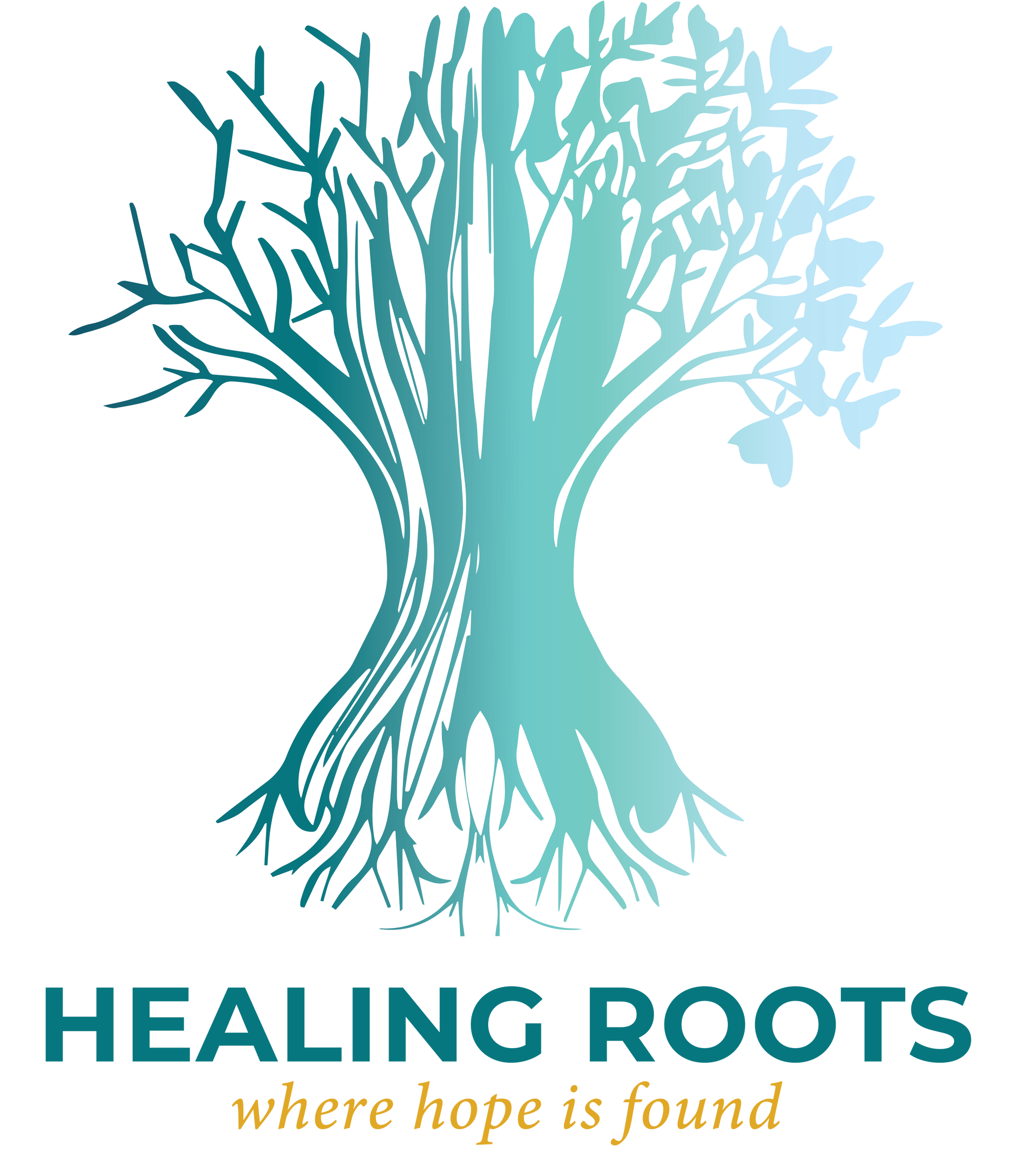Story Telling
Transforming Traumatic Grief

"Grief does not obey your plans, or your wishes. Grief will do whatever it wants to you, whenever it wants to. In that regard, grief has a lot in common with love."
-Elizabeth Gilbert
I love this quote. Brene Brown, author of many books, discusses grief through storytelling. Another researcher, Robert Neimeyer, describes a central process within grief work as the attempt to reaffirm or reconstruct a world of meaning challenged by loss. Brene Brown shares three main elements of grief: longing, loss, and feeling lost. Can you relate to these three things? I can. Anyone who has experienced a painful loss of any kind would find that to be true. There is a need for connection, storytelling, and listening to other's stories to grieve fully. Storytelling is a way our brains can bring meaning and order to what has happened. Humans desire a meaning and a why. We can never know fully why someone had to kill our loved ones, but we can make meaning from this pain and, most of all, the life they lived. Storytelling connects every part of us profoundly, integrating our feelings, memories, and bodies. Storytelling helps us connect the dots and allows us to make sense of this deeply painful reality. Storytelling creates context and structure, leading us to healing. Storytelling is active grieving.
REFLECTION: Tell your story on paper and then read it out loud. Who did you lose? How? Give details. Talk to them. Share about them. This is a "let it flow from the heart" type of writing reflection.
Share:











